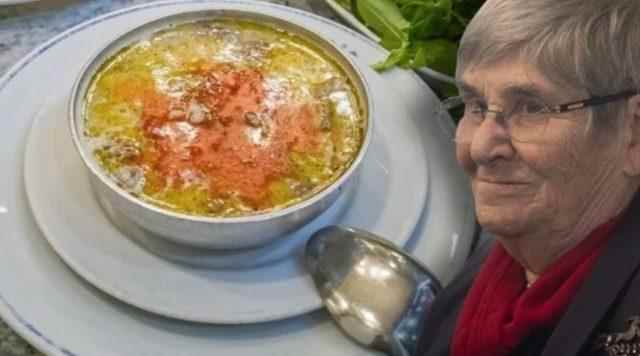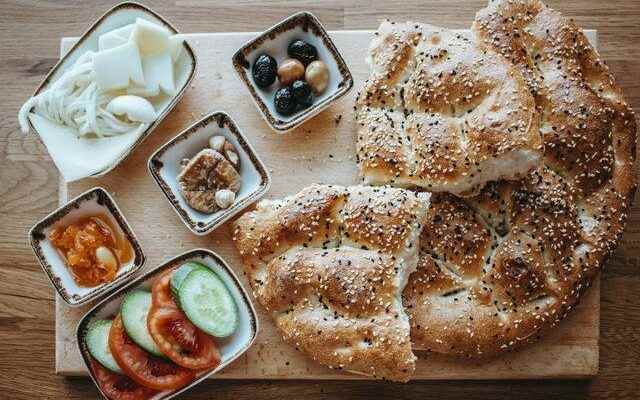prof. Dr. We brought together Canan Karatay’s healthy eating suggestions for iftar and sahur. Canan Karatay, who stated that the cause of headaches close to iftar in Ramadan was not hunger but thirst, suggested natural foods.
CANAN KARATAY’S IFTAR AND SAHUR RECOMMENDATION
- Drink plenty of water during iftar and sahur.
- Avoid processed, prepared and packaged foods
- Sugary and carbonated drinks should not be consumed
- One should not fast before sahur
Omelet can be eaten at sahur. The egg is very important, but it will be a village egg. There will also be village butter. Besides, olives, radishes and greens are also very important. As a beverage, you can have unsweetened milk and coffee. You can drink ayran if you like. If you are used to breakfast, breakfast can be made. Morning soup is also important, but it does not keep you full. The most important thing here is not to be dehydrated. We need to start diluting the body a day or two in advance.
The current ones are not like the old Ramadan pita, but they can be consumed by spreading butter in a small piece. Cheese is also very important. Full-fat cheese and full-fat yogurt should also be eaten. It can also be a handful of dried walnuts, hazelnuts, peanuts.
“CONSUME TROGGED SHEETS IN IFTAR”
Sharing the iftar list, Canan Karatay suggests the following:
“We can break our fast with trotter soup. It can also be lentil, tarhana or highland soup. Of course, we should consume water with it. If you eat healthy, you will not go hungry.

When the amount of food that the body does not need enters the body, it causes gas, bloating and constipation. Also, it is very important to drink olive oil and coffee at iftar for the intestines to work well. Let’s not eat for a while after the soup. Then whatever was made that evening can be eaten. Let’s drink a lot of water until sahur.”

